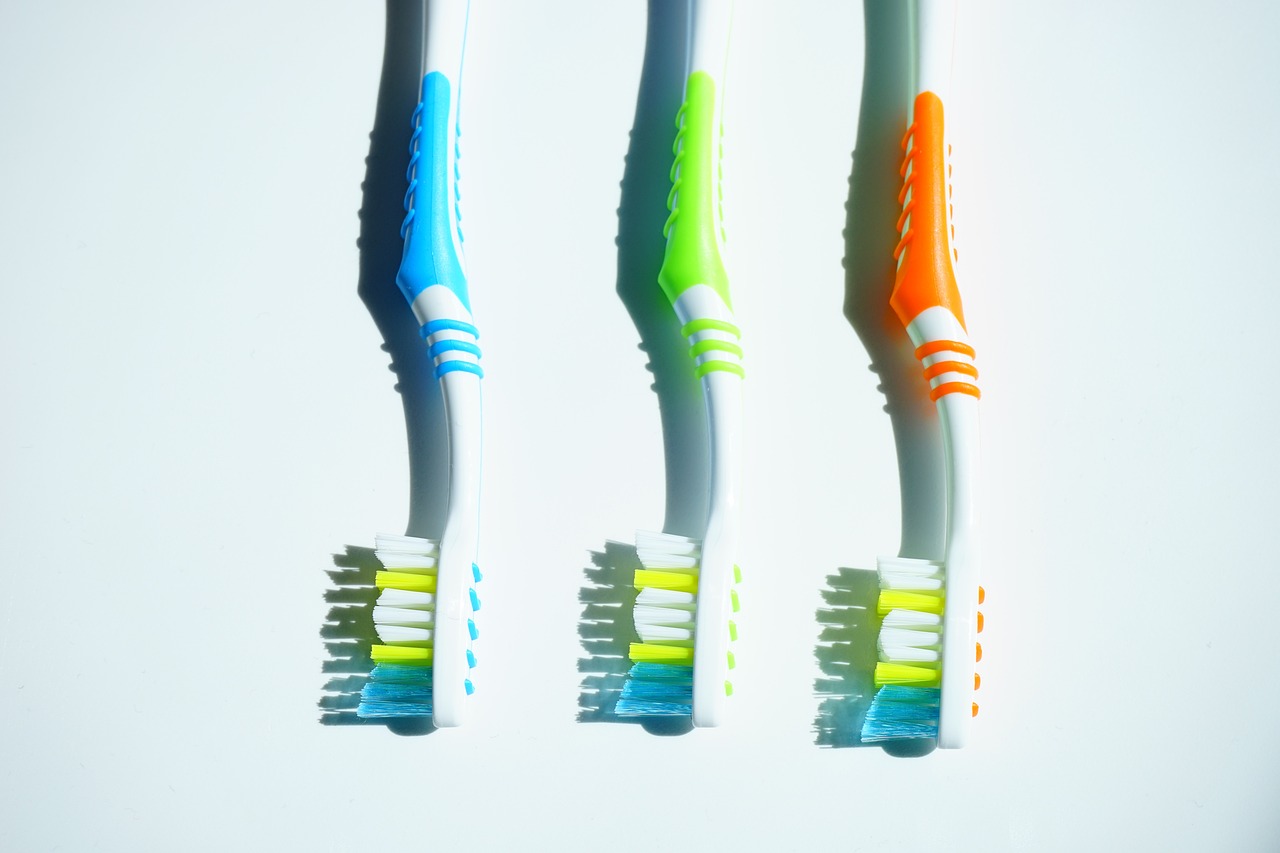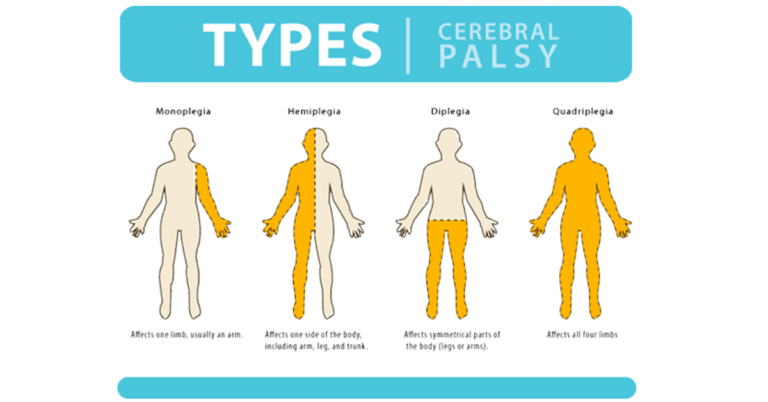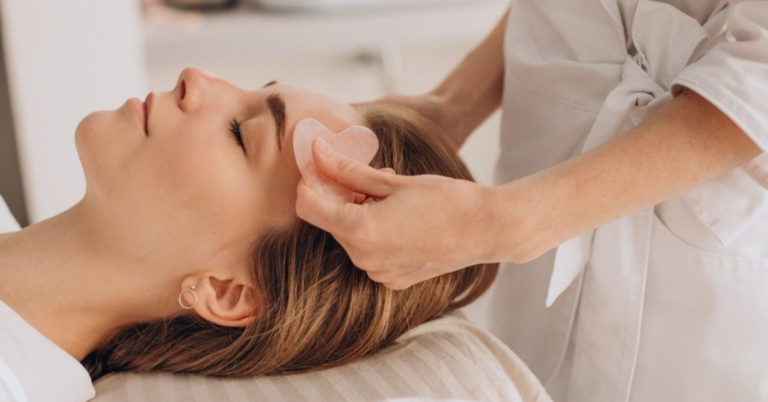The Link Between Social Media Use and Anxiety
tigerexchange247, golden 77, sky99exch:In today’s digital age, social media has become an integral part of our lives. We use it to connect with friends and family, share our thoughts and experiences, and stay informed about current events. However, research suggests that excessive use of social media can have negative effects on our mental health, particularly when it comes to anxiety.
The Link Between Social Media Use and Anxiety
1. Introduction
Social media platforms like Facebook, Instagram, and Twitter have revolutionized the way we communicate and interact with others. While these platforms offer many benefits, such as staying connected with loved ones and discovering new opportunities, they can also contribute to feelings of anxiety and stress.
2. The Comparison Trap
One of the main reasons social media can trigger anxiety is the tendency to compare ourselves to others. When we scroll through our feeds and see pictures of our friends and acquaintances seemingly living their best lives, it’s easy to feel inadequate or like we’re missing out. This constant comparison can lead to feelings of anxiety and low self-esteem.
3. FOMO (Fear of Missing Out)
FOMO is another common phenomenon associated with social media use. Seeing posts about parties, vacations, or other exciting events can make us feel like we’re missing out on fun experiences. This fear of missing out can lead to anxiety and a sense of dissatisfaction with our own lives.
4. Cyberbullying
Cyberbullying is a serious issue that can have detrimental effects on mental health. Social media provides a platform for bullies to harass and intimidate others, leading to feelings of fear and anxiety. Being the target of online harassment can significantly impact a person’s well-being and contribute to anxiety disorders.
5. Information Overload
With the constant stream of information available on social media, it’s easy to feel overwhelmed and anxious. The pressure to stay updated on news, trends, and social events can lead to information overload, making it difficult to relax and unwind. This constant bombardment of information can exacerbate feelings of anxiety and stress.
6. Social Isolation
Ironically, while social media is designed to bring us closer together, it can also contribute to feelings of social isolation. Spending too much time online can lead to a lack of face-to-face interaction with others, which is essential for maintaining healthy relationships and emotional well-being. This social isolation can exacerbate feelings of loneliness and anxiety.
7. Perfectionism
Social media often portrays a skewed version of reality, with people showcasing only the best aspects of their lives. This curated image can create unrealistic expectations and pressure to appear perfect to others. The pursuit of perfectionism on social media can lead to anxiety and a constant need for validation from others.
8. Sleep Disturbances
Studies have shown that the blue light emitted by screens can disrupt our sleep patterns, making it difficult to fall asleep and stay asleep. Excessive use of social media before bedtime can lead to sleep disturbances, which in turn can worsen anxiety and stress levels. It’s essential to limit screen time before bed to promote better sleep and overall well-being.
9. The Fear of Missing Out on Social Media
Being constantly bombarded with images and updates from friends and influencers can make one feel like they are missing out on all the excitement and fun. A continuous fear of missing out can lead to anxiety and a feeling of not measuring up to the standards set by others.
10. The Pressure to Present a Perfect Life
On social media, individuals often present the best version of themselves, showcasing only the highlight reel of their lives. This pressure to maintain a perfect image can lead to anxiety about not living up to these unrealistic standards, causing feelings of inadequacy and low self-esteem.
11. Increased Exposure to Negative News and Information
Social media is a powerful tool for spreading news and information, but it can also expose us to a constant stream of negative and distressing content. The 24/7 news cycle and the prevalence of sensationalized stories can fuel anxiety and fear, making it challenging to disconnect and take a break from the negativity.
12. The Impact of Social Media on Self-Image
Constantly comparing ourselves to others on social media can have a significant impact on our self-image and confidence. The pressure to conform to beauty standards or lifestyle trends promoted online can lead to feelings of insecurity and anxiety about our own worth and value.
13. Setting Healthy Boundaries
To mitigate the negative effects of social media on anxiety, it’s essential to set healthy boundaries and practice self-care. Limiting screen time, unfollowing accounts that trigger negative emotions, and taking breaks from social media can help reduce feelings of anxiety and stress.
14. Engaging in Offline Activities
To combat feelings of social isolation and loneliness caused by excessive social media use, it’s important to engage in offline activities and foster real-life connections. Spending time with friends and loved ones, pursuing hobbies, and practicing mindfulness can help promote mental well-being and reduce anxiety.
15. Seeking Professional Help
If you’re struggling with anxiety related to social media use, don’t hesitate to seek help from a mental health professional. Therapy, counseling, or support groups can provide valuable resources and strategies for managing anxiety and developing healthier habits around social media use.
FAQs
1. Is social media directly causing anxiety?
While social media itself isn’t causing anxiety, the way we use it and the impact it has on our mental health can contribute to feelings of anxiety. Excessive use of social media, comparison to others, cyberbullying, and information overload are all factors that can trigger or exacerbate anxiety.
2. How can I reduce anxiety related to social media use?
To reduce anxiety related to social media use, consider setting healthy boundaries, limiting screen time, unfollowing accounts that trigger negative emotions, engaging in offline activities, practicing self-care, and seeking professional help if needed. Remember that it’s essential to prioritize your mental well-being and take steps to protect your mental health.
3. What are some signs that social media is impacting my mental health?
Signs that social media is impacting your mental health include feelings of anxiety, stress, low self-esteem, social isolation, and sleep disturbances. If you notice these signs, it’s crucial to evaluate your relationship with social media and take proactive steps to promote your mental well-being.
4. Can social media use be beneficial for mental health?
While social media can contribute to feelings of anxiety and stress, it can also have positive effects on mental health. Connecting with others, sharing experiences, finding support, and accessing mental health resources are some ways social media can benefit our well-being. It’s essential to strike a balance and use social media mindfully to reap its benefits while minimizing its negative impact.
In conclusion, the link between social media use and anxiety is complex and multifaceted. While social media offers many benefits, it’s essential to be aware of its potential negative effects on mental health. By setting healthy boundaries, practicing self-care, and seeking support when needed, we can navigate social media in a way that promotes our mental well-being and reduces anxiety. Remember to prioritize your mental health and take proactive steps to protect it in our increasingly digital world.







